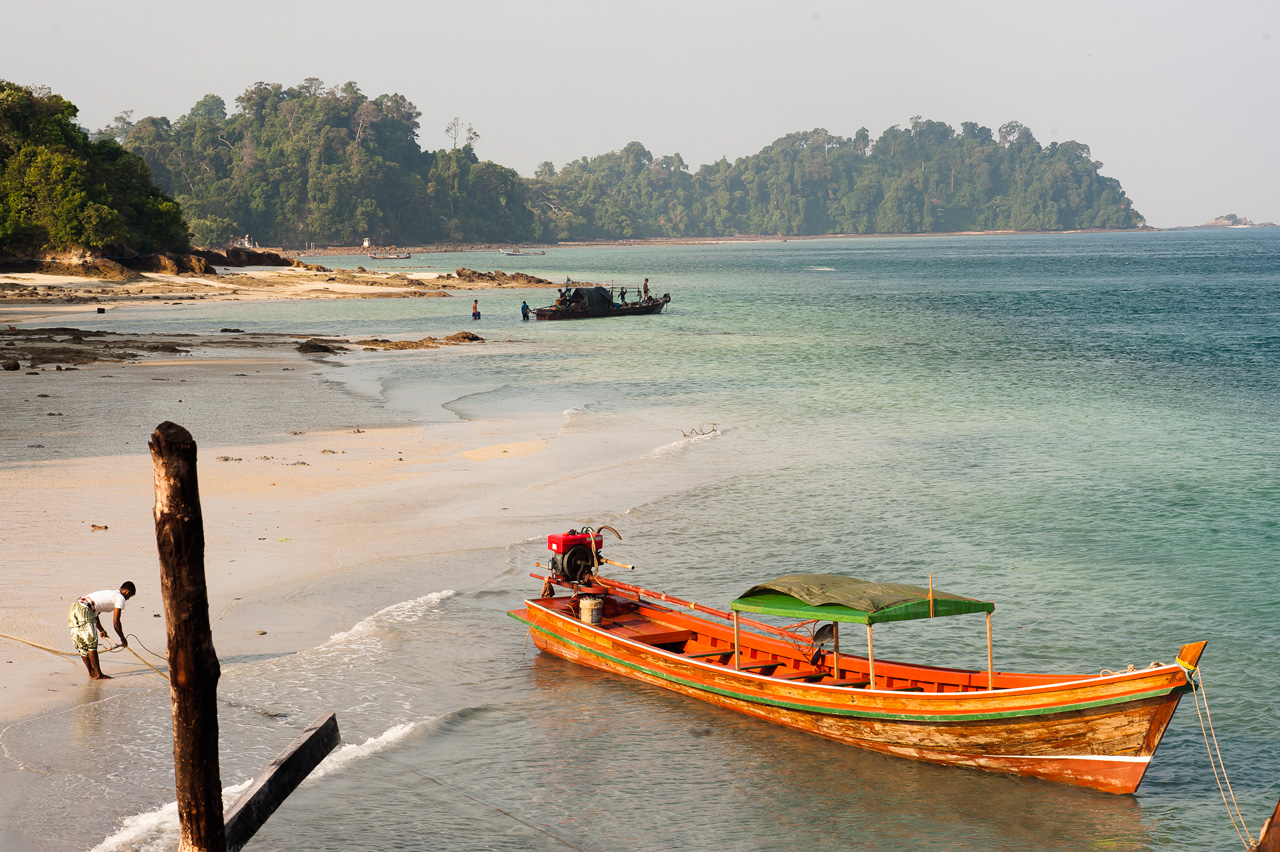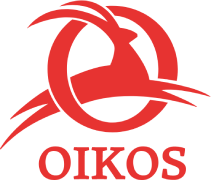STAR
Innovative strategies for environmental protection and social inclusion

Country
Nature and cultures: the richness of Tanintharyi as a sustainable development opportunity
Myanmar, a country rich in natural and cultural resources, is experiencing a fast economic development. Tourism is a potential key sector for economic growth and job creation. However, inadequate management of the territory, the absence of infrastructure and the uncontrolled exploitation of natural resources threaten the most delicate areas from a natural and cultural point of view, as in the Tanintharyi Region. This area preserves delicate connected ecosystems that include the Lampi Marine National Park, the only marine park in Myanmar and a key area for biodiversity. We work alongside local subjects to promote a sustainable tourism model that enhances local skills and heritage.
Tanintharyi Region, an area with a 900 km-long coast, pristine beaches, huge mangrove forests and coral reefs, has a recognized global value for its biodiversity. Deforestation, uncontrolled fishing and land grabbing because of touristic resorts construction cause serious damage to natural resources on which not only local subsistence economy, but also tourism potential, resilience capabilities to cope with climate change and the maintenance of essential ecosystem services such as water availability depend.
Fostering sustainable tourism opportunities is crucial to reduce the negative impacts of touristic development and enhance the heritage of Tanintharyi Region. In order to safeguard the resources of one territory it is necessary to acknowledge its richness: we work therefore to increase institutions and communities knowledge about environmental and cultural resources of their region. We also work to improve the management and regulation of touristic activities, especially in the Lampi Marine National Park. Starting from the revision of the Park Management Plan, working on the first version realised in 2014 in collaboration with the local community within the COAST project. A dedicated management committee will be responsible for planning and managing tourism activities, as well as monitoring their impacts.
In order to increase local communities advantages and the quality of products and services provided to tourists we encourage the establishment of 5 waste community management committees and the reinforcement of local micro-businesses in handicraft and tourism sectors, involving 450 women and youngsters from vulnerable ethnic groups, such as Moken, Bantu, Karen: in this way community tourism becomes an opportunity for social inclusion as well.
Lampi is considered “Mother island” of the Moken, a local semi-nomadic population whose survival is seriously threatened by the deterioration of marine resources. It is a priority for us to encourage the knowledge of the places and the history of this ethnic minority: the Park Visitor Centre, that we realised thanks to our project COAST, will host an exposition dedicated to Moken traditions and, in collaboration with anthropologists from the Centre National de la Recherche Scientifique (CNRS) in Paris, we will create a web-doc with valuable information on the last sea gypsies’ traditions.
Il progetto in numeri
180k
potabile in Tanzania
22k+
raccolti a Ibo, Mozambico
52k+
in Mozambico e Myanmar
11k+
di educazione nel mondo
200
di attività economiche
in Tz e Myanmar
1700
in Italia
1700
in Italia
52k+
in Mozambico e Myanmar
1700
in Italia

